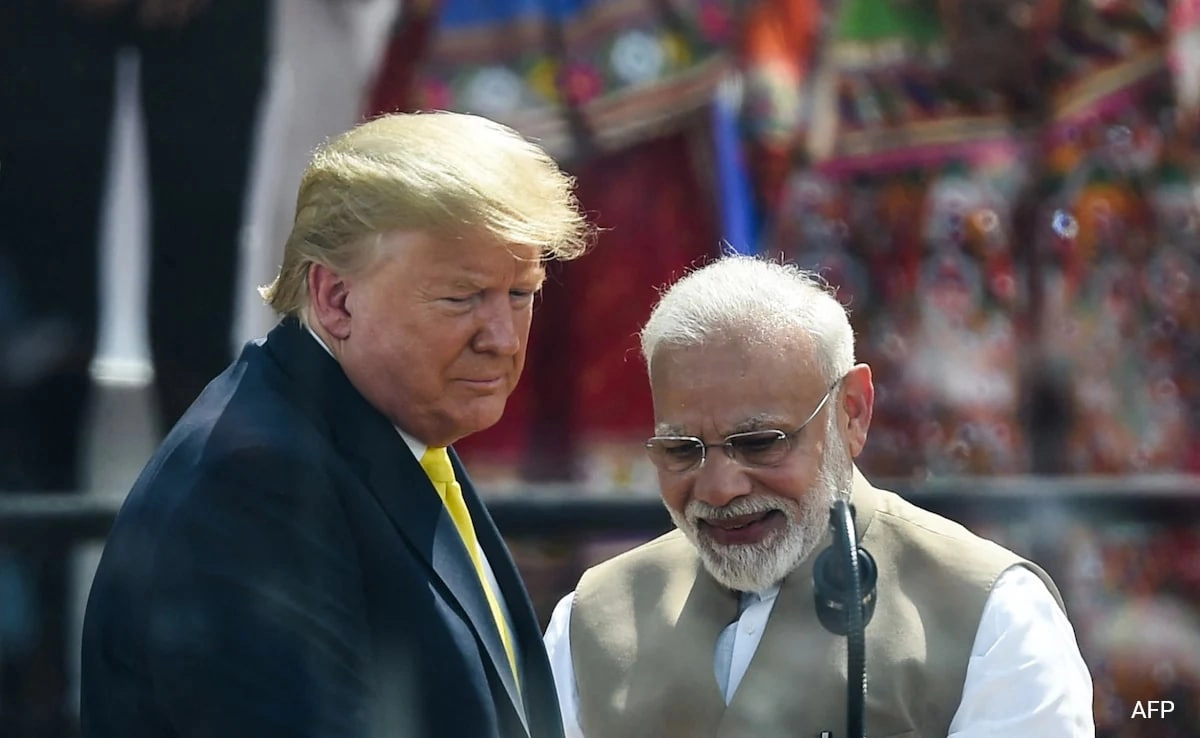In a politically charged atmosphere, former President Donald Trump has exhibited a blend of camaraderie and caution in his statements regarding India. During a recent engagement, he praised the longstanding friendship between the United States and India, highlighting the strategic partnership that has developed over the years. This partnership, rooted in shared democratic values and mutual interests, has fostered closer ties, particularly in areas such as defense, trade, and technology. However, amidst this display of bonhomie, Trump’s messaging has been notably mixed, leading to confusion regarding his administration’s stance on India.
While emphasizing the importance of the U.S.-India relationship, Trump has also mentioned the sanctions imposed on India concerning various issues, creating a somewhat contradictory narrative. The former president’s remarks suggest an underlying tension, as he attempts to balance the promotion of bilateral cooperation with the realities of geopolitical challenges. His references to sanctions may stem from concerns over India’s defense agreements with Russia and its varied approach to global alliances, which could potentially complicate the dynamics of U.S. foreign policy in South Asia.
This duality in Trump’s messaging reflects a broader trend in international relations, where nations must navigate their interests amidst shifting alliances. The United States has been keen on strengthening ties with India as a counterbalance to China’s growing influence in the region. However, the imposition of sanctions indicates a careful consideration of how to encourage India to align more closely with American interests without alienating it. As the geopolitical landscape continues to evolve, the challenge remains for U.S. leaders to foster a robust partnership with India while addressing the complexities that arise from differing foreign policy objectives.
Ultimately, Trump’s mixed messaging serves as a reminder of the intricate nature of diplomacy, where expressions of friendship must be tempered with the realities of international politics. The future of U.S.-India relations will depend on the ability of both nations to navigate these complexities and find common ground, ensuring that their partnership remains resilient in the face of emerging global challenges. As both countries look ahead, the balance between cooperation and caution will be crucial in shaping the trajectory of their alliance.




